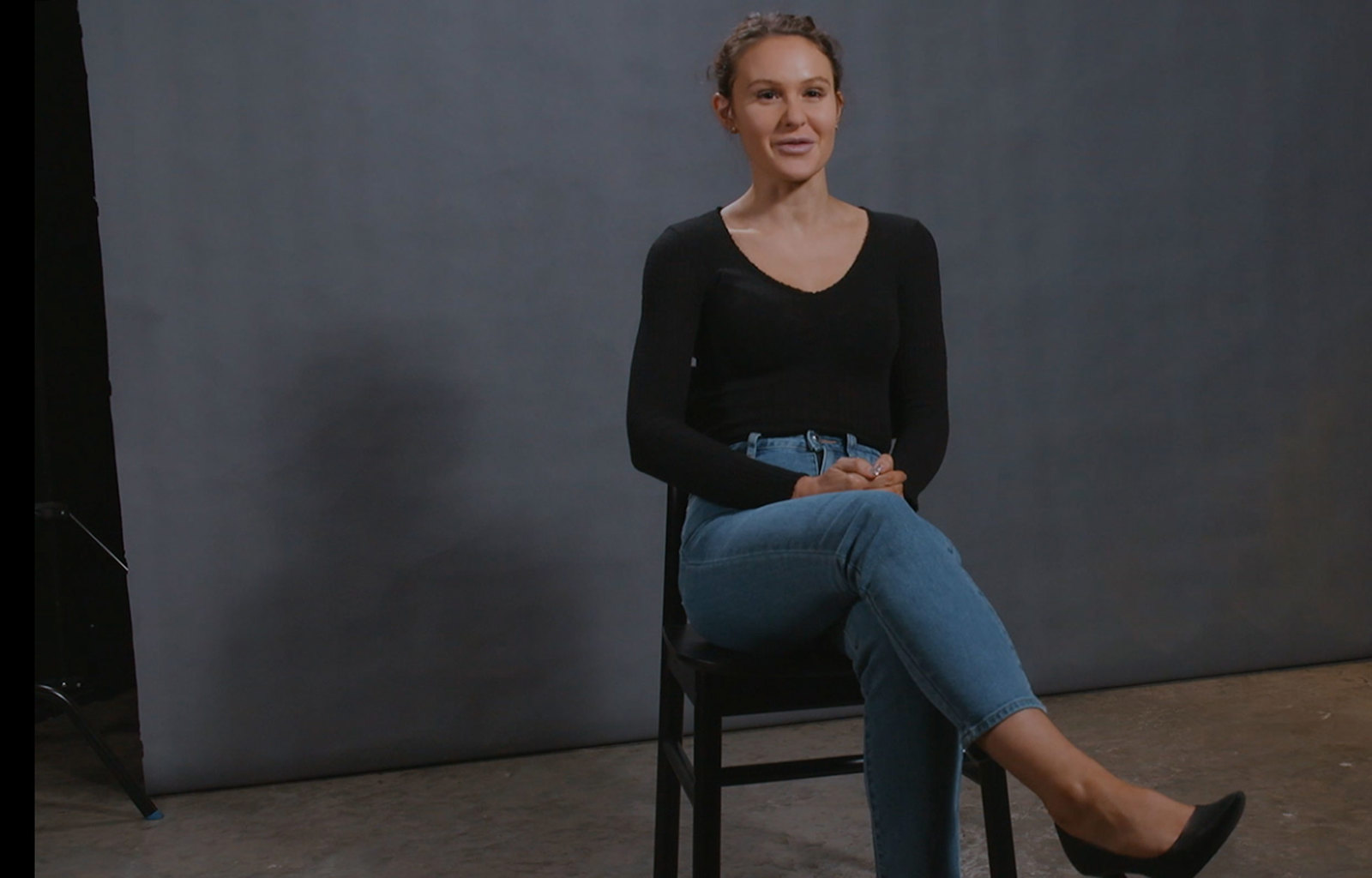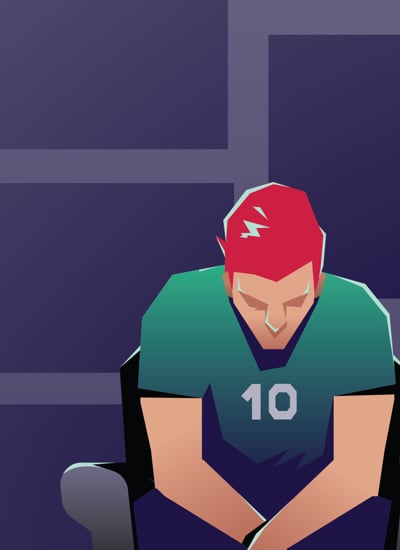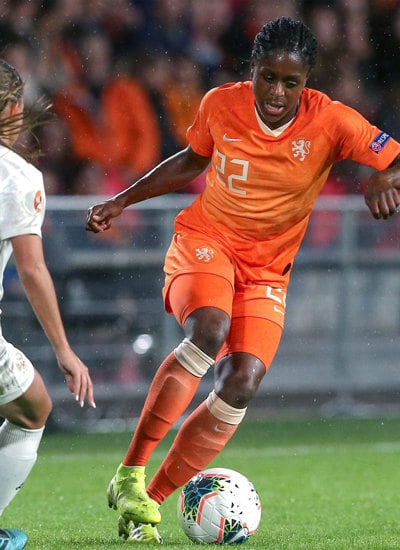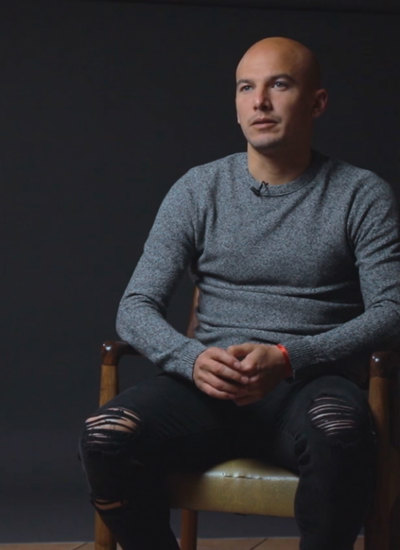
Adriana is one of four players collaborating with FIFPRO’s mental health awareness project, Are you ready to talk? The 25-year old football player from Australia shares her struggles with anorexia nervosa and self-harm and gives some advice.
“I have had all this stuff and pain; if I can help other people, then I didn’t go through this for nothing.”
FIFPRO research shows that 20 to 35 percent of professional footballers experience mental health problems during their career, which implies that in every dressing room, there are probably players coping with these problems. Adriana was one of them. She supports FIFPRO’s awareness campaign, which focusses on looking after your own as well as your teammates’ mental health and encourages talking about it.
“The only time people can get better is when they realise that they need help. You need someone to notice that you are struggling.”
Adriana is convinced that it might have helped her if people would have tried to talk with her about her mental health. “I think people can get scared, but if someone just noticed and was kind about it, not aggressive but just kind and nurturing: do you need anything?”
“I was lucky because I did have someone near me at the end: my parents. But it took a long time to realise what I needed."

Adriana’s struggles began when she was 12 years old. She already experienced feelings of depression, but things worsened when she had an appendicitis. After her appendix was removed, she couldn’t eat for a while and lost weight. She liked being “petite” and this triggered anorexia nervosa.
“I tried to change myself in the most dramatic way and lose as much weight as I could. In football, when you have a goal, that is all you’re focussed on. My goal was to be as thin as I could, to be prettier. Everything else didn’t matter in life: friends, family.”
“It was an unhealthy goal.”
“It was a delusion.”
“The only time people can get better is when they realise that they need help”
During her teenage years, Adriana coped with anorexia nervosa and self-harm. She was starving herself, which caused a heart failure. She had to be hospitalised for three months. The former Australia Under-17 player also tried to commit suicide several times.
“There is no reasoning, you are too far in. The deeper you fall into the trap, the more you get to the point where nothing matters and you just want to be dead.”
“You have these awful thoughts, that if any little inconvenience happens, then that’s it. You are in that dark of a place. Then you slowly start to isolate yourself. That is the tell-tale sign that something bad is going to happen.”
“So when a player starts to distance him- or herself and starts pushing people away, then that’s when you know things are not going well.”

That is the moment to offer help, which, Adriana says, could be a challenge. Her parents had a very hard time getting through to her. “I tried to push everyone away. If anyone wasn’t agreeing with my lifestyle, I had an argument with them.”
She finally realised that she needed to change when she overheard a person in a shopping centre saying out loud: How is she even walking? “That was a reality check. I am sure that people will have told me that before, but that one day I realised what it meant.”
“You see your family all the time. They are always going to be critical, telling me what to do. I think when strangers say things to me, people I didn’t know, then I would be going like Oh, this is not normal now.”
Adriana is receiving therapy since, which has helped her a lot. “I needed good therapy. Going through depression and suicidal thoughts, you need to see someone who is going to help you understand your emotions. If you don’t understand why you have them, then you just keep going with your emotions, which can be very harmful.”
Considering her own experiences, Adriana has a very straightforward advice when dealing with friends or colleagues in need. “The best thing that you can do is to tell them like it is. I liked the people who were honest more than the people who avoided it and put a band aid over it.”


